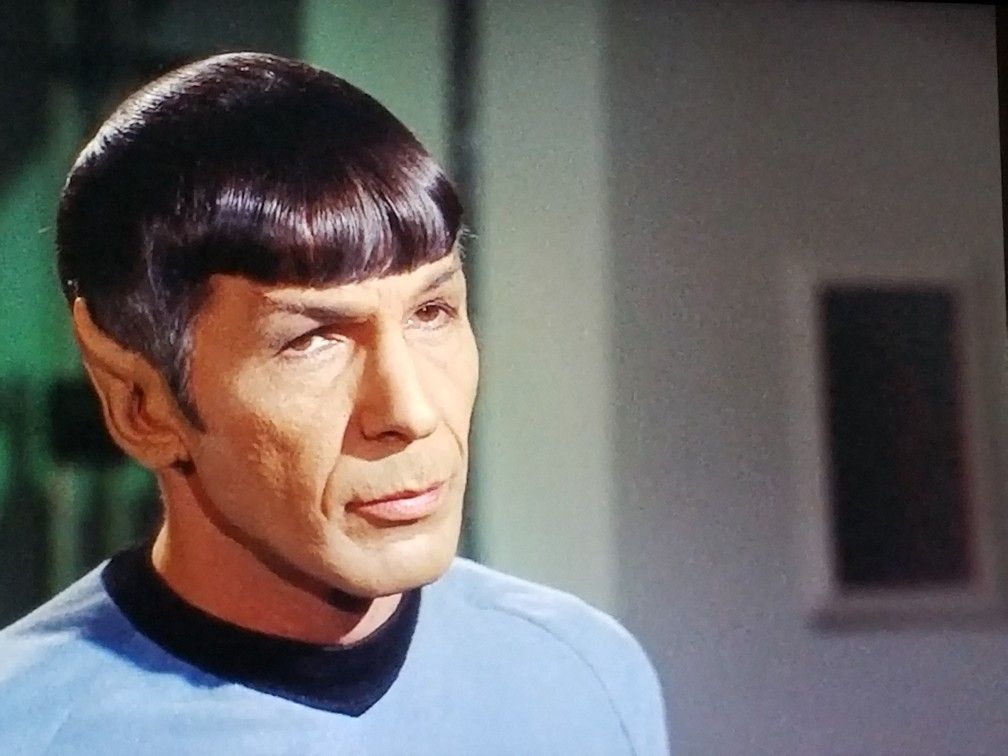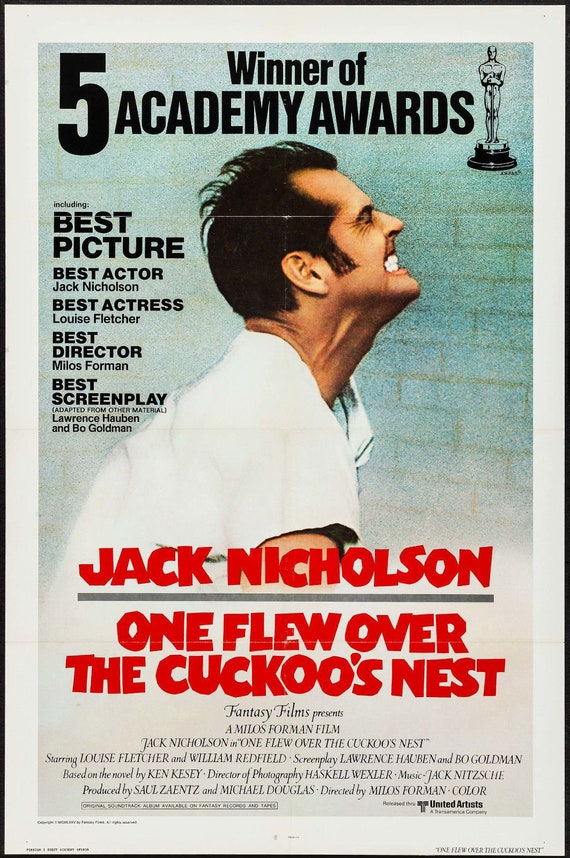
WW1 British first prototype tank called Little Willie. It was an
Armored Personnel Carrier. It can be found at the Tank
Museum, Bovington, Wareham, United Kingdom.
On September 6, 1915, a prototype tank nicknamed Little Willie
rolled off the assembly line in England. Little Willie was far from
an overnight success. It weighed 14 tons, got stuck in trenches
and crawled over rough terrain at only two miles per hour.
However, improvements were made to the original prototype
and tanks eventually transformed military battlefields.
The British developed the tank in response to the trench
warfare of World War I. In 1914, a British army colonel named
Ernest Swinton and William Hankey, secretary of the Committee
for Imperial Defence, championed the idea of an armored vehicle
with conveyor-belt-like tracks over its wheels that could break
through enemy lines and traverse difficult territory.
The men appealed to British navy minister Winston Churchill,
who believed in the concept of a “land boat” and organized a
Landships Committee to begin developing a prototype. To keep
the project secret from enemies, production workers were
reportedly told the vehicles they were building would be used
to carry water on the battlefield (alternate theories suggest the
shells of the new vehicles resembled water tanks). Either
way, the new vehicles were shipped in crates labeled “tank”
and the name stuck.




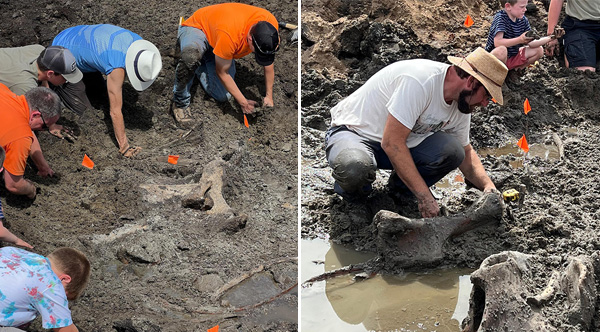


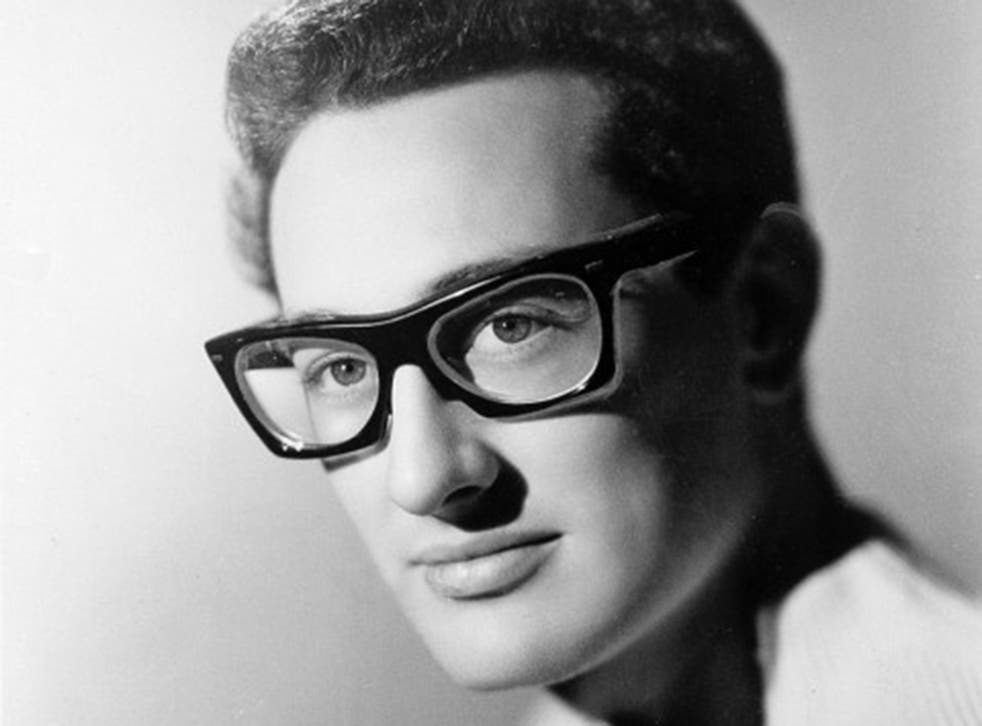
/cloudfront-us-east-1.images.arcpublishing.com/gray/TEGWRUNGDNB65AKKW5BWA3XLSI.jpg)
/cloudfront-us-east-1.images.arcpublishing.com/gray/XGRKTLXN4VETBIKYAMBVZK2YR4.jpg)
